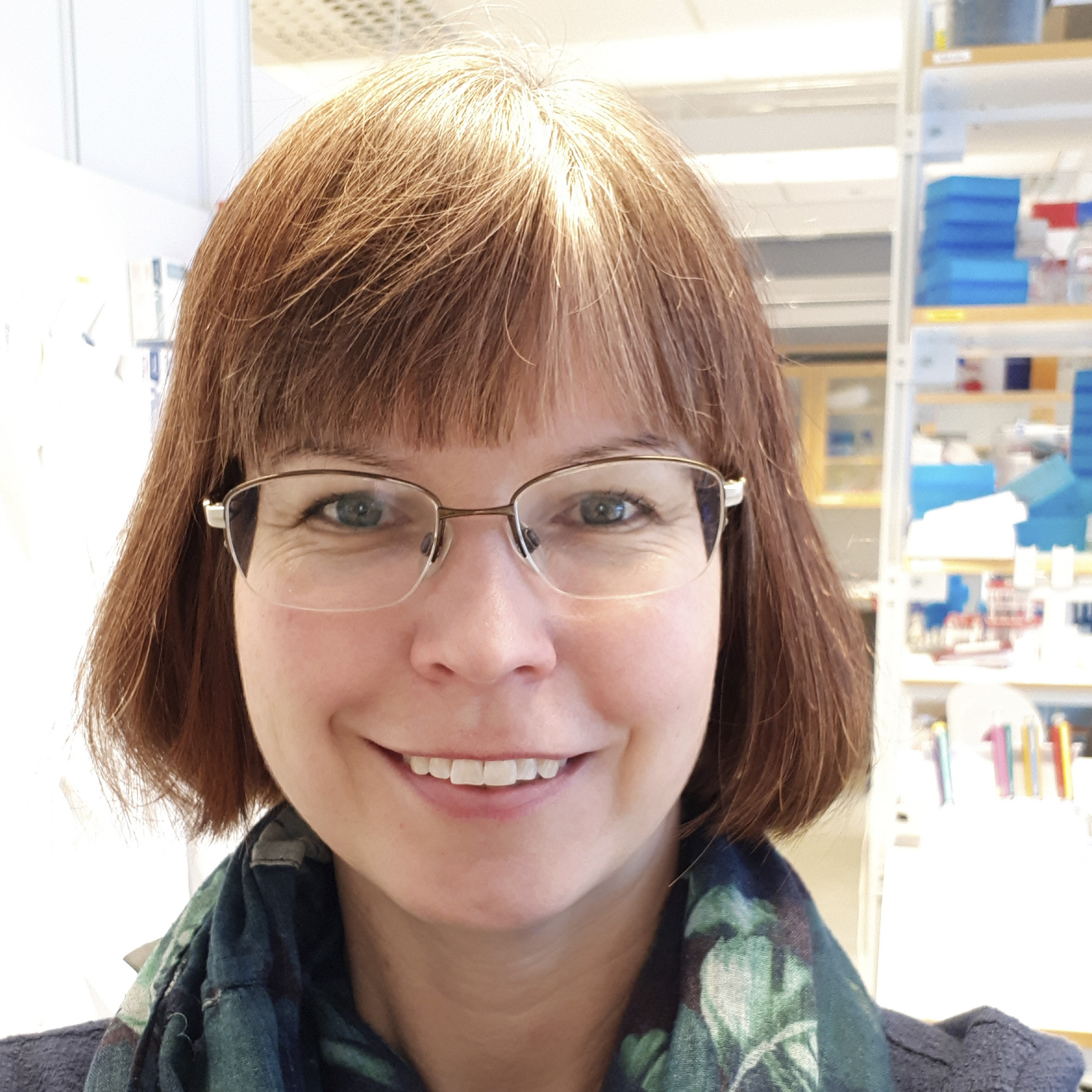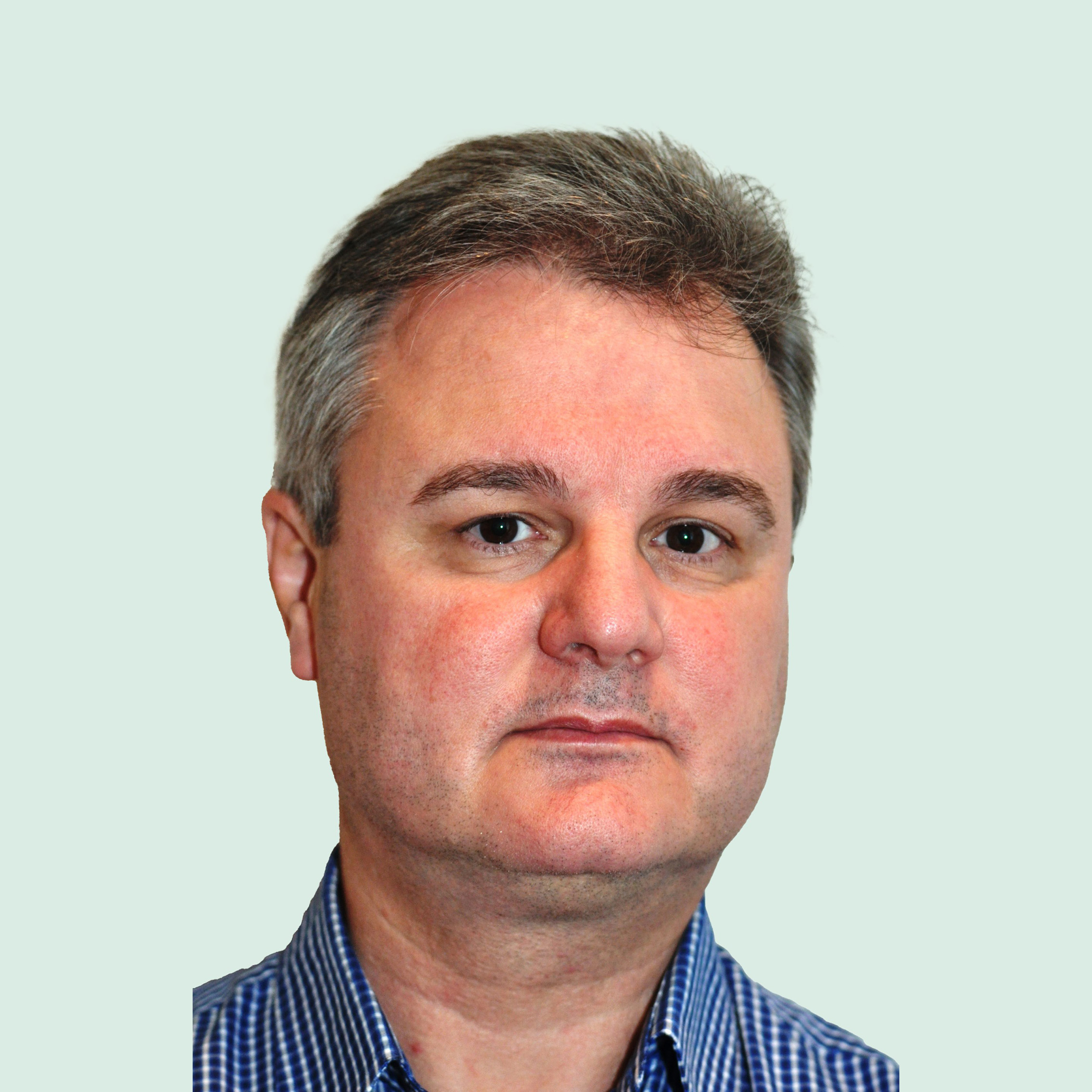AREA
Agricultural and Agri-food Sciences
SUB AREA
AYF/ Agriculture and Forestry
KEYWORDS
COMMUNITY ECOLOGY; FOREST PATHOLOGY; HIGH-THROUGHPUT SEQUENCING; PATHOGENICITY TRIALS; SOIL EXPERIMENTS; SOIL MICROBIOTA; CLIMATE CHANGE; RESPONSE TO DROUGHT
SUPERVISORY TEAM

JONAS OLIVA
Supervisor
Jonas (PhD UdL, MSc and BSc in Forest Engineering) is Ramón y Cajal Fellow Researcher at the Dept. Crop and Forest Sciences, University of Lleida, Spain. Formerly Associate Professor (Docent) at the on Invasive Forest Pathogens at the Swedish University of Agricultural Sciences, Uppsala, Sweden.
JO more than 50 SCI papers and 4 book chapters (h-index of 20 (Google Scholar) (> 1000 citations in the last 5 years. JO has wide expertise on epidemiology, forest and microbial ecology, invasion biology, molecular detection, tree resistance, population genetics and modelling.
JO has published research in a wide array of pathogenic organisms including several first reports on H. annosum, Armillaria sp., H. fraxineus, C. parasitica, V. album, O. tomentosa, M. caryophyllacearum, G. abietina, P. gaeumannii and several Phytophthora species. JO have been active in developing theory in forest pathology on the role of pathogens on drought-induced mortality and the role of phenotype on tree disease, and lately on the use of functional traits with relevance for pathogenicity in community ecology.
JO is currently working with plant-soil feedbacks, invasion biology with focus on functional traits, drought-induced mortality, endophyte role in disease, adaptation to invasives and detection of pathogens

MALIN ELFSTRAND
Co-Supervisor
Malin Elfstrand is a senior lecturer at the Swedish University of Agricultural Sciences in Sweden. She has published over 40 papers dealing with tree resistance, tree-pathogen and tree-mycorrhiza interactions. She has vast expertise in supervising students and she is part of one of the most internationally recognised forest pathology labs worldwide. She has hands-on expertise in advanced molecular tools to understand interactions, as well as to identify markers for resistance. She has a background in plant biotechnology and molecular biology, and her research focuses on molecular mechanisms in plant-fungus interactions. Overall she is interested in how plants respond when meeting fungi with different lifestyles along the parasitic to symbiotic continuum and work with several different aspects of this question.

JAUME ALMACELLAS GORT
Co-Supervisor
Jaume Almacellas is a plant pathologist and epidemiologist and he is currently the head of official Diagnostics Lab for Agriculture and Plant Health of Catalonia. In his facility they handle over a 1000 samples a year. In his lab they carry on diagnostics on any plant disease is for crops, forests, gardens and any other vegetation type. He has been responsible of the of special tasks such as surveys and eradication of fireblight (Erwinia amylovora Burrill); surveys and erradications of Sharka Virus (Plum Pox Potyvirus).
RESEARCH GROUP
DESCRIPTION
JO is leading a forest pathology group at the University of Lleida. Our group has a running budget of 130 000 euros and we are two PhD students, one post-doc and 5 undergraduate students. JO is also co-supervising a PhD student with Malin Elfstrand (co-supervisor), with who they have previous experience in supervising other postdoctoral researchers together.
We welcome applications from postdoctoral researchers interested in forest pathogens, either from the pathogen or from the tree side. We also welcome applications dealing with non-pathogenic organisms from a microbial community ecology perspective, for instance dealing with competition between pathogens and other organisms and the effects on disease. We are particularly interested in upscaling or findings to address global issues such as climate change, globalisation or land-use shifts. Focussed projects on particular emergent pathogens such as Diplodia sapinea or Phytophthora will be of interest too.
JO is also the coordinator of FORCAM. FORCAM research group is a consortium of researchers from different universities and stakeholders that work collaboratively to predict the response of our forests to climate change in order to develop mitigation management strategies. FORCAM aims at fostering collaborations amongst our institutions in terms of methods and knowledge in order to provide integrative solutions to our managers.
The group integrates leading researchers from four Universities. University of Lleida (UdL) and particularly JO’s group, brings knowledge in forest pathology and soil microbiota, but other members contribute with their knowledge on physiological responses to drought or fire (PI Jordi Voltas) and forest regeneration (PI Lluis Coll). The group in University of Zaragoza brings knowledge in biogeography, modelling, population and community ecology of animals and plants. The group in the University of Navarra (UPNA) brings expertise in nutrient cycling and the group IPE-CSIC in dendrochronology, forest decline and forest interaction with climate change, particularly responses to drought. We collaborate with stakeholders that contribute by assisting with samplings and with transferring knowledge to the forest managers.
OUTPUTS OF RELEVANCE
Main research outputs:
(i) Functional forest pathology and invasive pathogens: We demonstrated the predictive power of functional traits for invasion and range expansion in the genus Phytophthora. That work was timely due to the need production of trait databases to annotate species from meta-barcoding studies. Later, and based on that work, we established the theoretical grounds for the use of functional traits in forest pathology.
(ii) High-throughput methods for detecting pathogens: We performed the first large-scale spore trapping experiment in Sweden. We found that spore trapping was highly influence by surrounding vegetation and the type of spore trap. We also showed that active traps tended to capture long-distance dispersers while passive traps had a bias towards fungi dispersing short distances. We also developed and validated the first long-read metabarcoding setup for Phytophthora for PacBio sequencing, which allowed the first report of several Phytophthora species in Sweden by looking at rivers. This technique is currently being applied in a large-scale North-south European gradient including river systems from Spain to Northern Sweden.
(iii) Drought and pathogens: Because drought may become a key driver of disease and tree mortality in Sweden, we developed an influential model in order to predict mortality from drought depending on the type of trophic interaction established between the pathogen and the host. Later we have shown that in Norway spruce defence against H. annosum is dependent on the availability of C reserves, which become lower during drought. Our data also suggests that H. annosum can kill spruce tree when dormancy occurs at above zero conditions. We have shown that climate can effectively bring new diseases too. We showed that cold winters are restricting P. x alni to the very South of Sweden, and that D. sapinea is expanding its range in Sweden.
(iv) Heterobasidion root rot: We published over 12 papers in the most economically important disease for European industry. We demonstrated the long term benefits of stump treatment. We also showed that growth losses could be attributed to the formation of a reaction zone in Norway spruce, and that stump heartwood can be infected by H. annosum spores. We calibrated and validated the Rotstand model and We showed that P. gigantea would still prevent stump infections in a warmer future.
NETWORK OF COLLABORATORS
Swedish University of Agricultural Sciences
Spanish National Research Council (CSIC-IPE)
University of Zaragoza
University of Navarra
Laboratory for Agriculture and Plant Health of Catalonia, Spain.
CAREER DEVELOPMENT
PROPOSED SECONDMENT
A first secondment of 6 months will be carried out at the Swedish University of Agricultural Sciences, where the applicant will gain knowledge in either analysis or sampling preparation for advanced DNA methods (depending on the applicant’s proposal).
A second research secondment of 3 months will be followed by the fellow at the Laboratory for Agriculture and Plant Health of Catalonia, which will be adapted depending on the project of the applicant. The applicant will gain experience in dealing with local stakeholders (companies and local farmer organisations), as well as in technical skills related to the lab management, sample tracking systems, process for new developments, etc.
DESIRABLE DEVELOPMENT
Employability
Application of grants
International mobility
Teaching and supervision.
TRAINING SKILLS
Leadership
Grant writing
Specific skills
OTHERS


